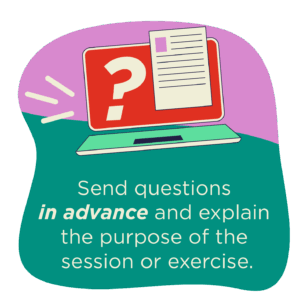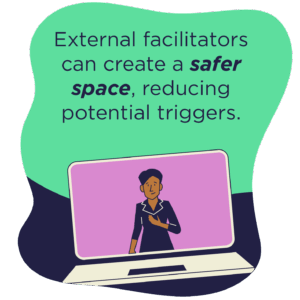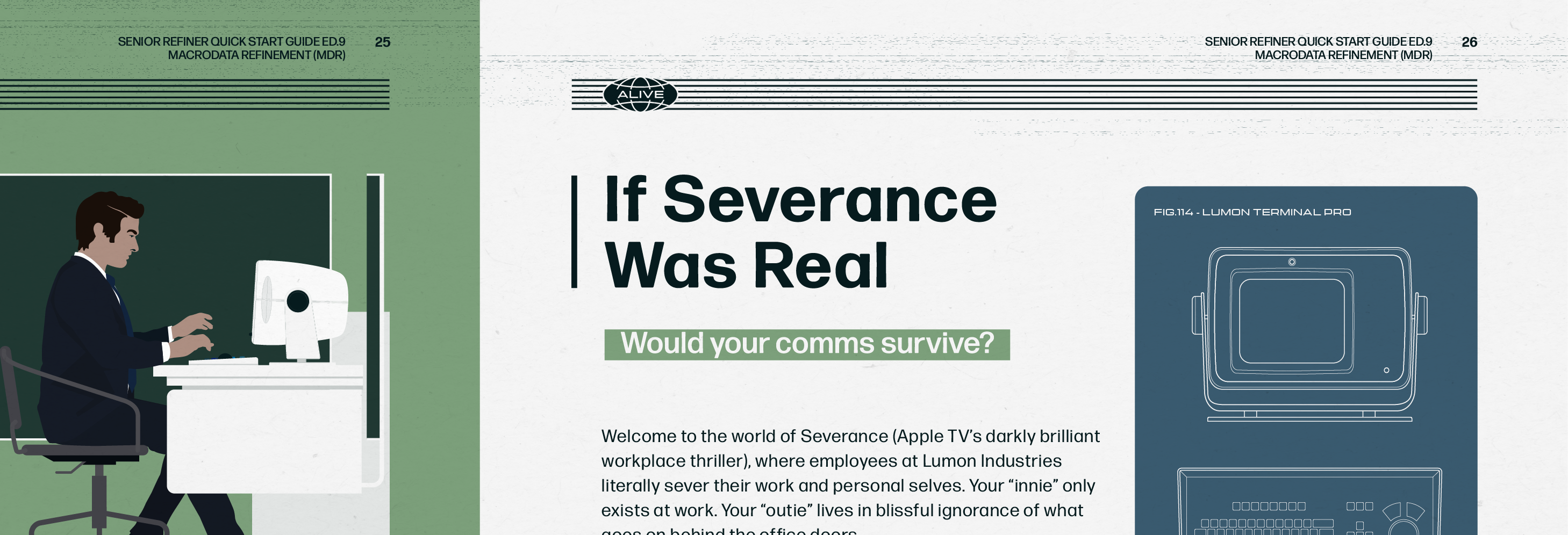For any project with a focus on equity, diversity inclusion and culture, one of the most common challenges our clients face is: How do we gather stories from those with lived experience to guide decision-making, without overburdening or asking too much of people?
While I was at the 69th Commission on the Status of Women (CSW69) – a global United Nations event that brings together representatives from governments, civil society, and organisations to discuss women’s rights, gender equality, and empowerment – this very question came up.
Inspired by research, reflections and responses on ethical and effective storytelling from incredible organisations in Australia including the Arts and Humanities Research Council, SSI, Diversity Council Australia, Chief Executive Women, and African Women Australia, here are 9 top tips and key takeaways to get you started….
 Communicate clearly from the start
Communicate clearly from the start
Send questions in advance and explain the purpose of the session or exercise. This helps participants feel prepared and valued.
Always make participation optional
No one should feel pressured to share their experiences. Voluntary participation protects agency and enables a more genuine and comfortable exchange.
Seek professional guidance
If discussing sensitive topics, consult with trauma-informed professionals to ensure a safe and supportive environment and follow-up process.
Avoid pre-defined groupings
To truly embrace intersectionality, avoid assuming what themes individuals will address based on their identities. Instead, allow the data to reflect the complexities and intersections of different lived experiences.
Offer multiple ways to participate
There’s no one-size-fits-all approach. Provide various ways to be heard such as reverse mentoring, 1:1 interviews, focus groups, workshops, or anonymous surveys.
Embrace co-production
Work with participants to diagnose challenges together. Involving them in designing solutions fosters a sense of ownership and leads to more meaningful change.
 Use external facilitators where possible
Use external facilitators where possible
External facilitators can create a safer space, reducing potential triggers and ensuring a neutral, supportive environment.
Define and communicate measurable outcomes
What gets measured, gets done. Ensure that feedback and stories collected translate into actionable policies and initiatives with clear, trackable outcomes.
Recognise the healing power of the process
The act of sharing can be transformative – not just for those sharing their experiences, but also for those shaping policies and practices based on their insights.
We’re in your corner
If your organisation is navigating the insight discovery process and needs expert facilitation or guidance, we’d love to help. Drop us a message, we’re here to support you in creating meaningful, respectful, and empowering engagement.
Let’s create work cultures where sharing lived experiences can influence decision making and lead to a positive impact.
















